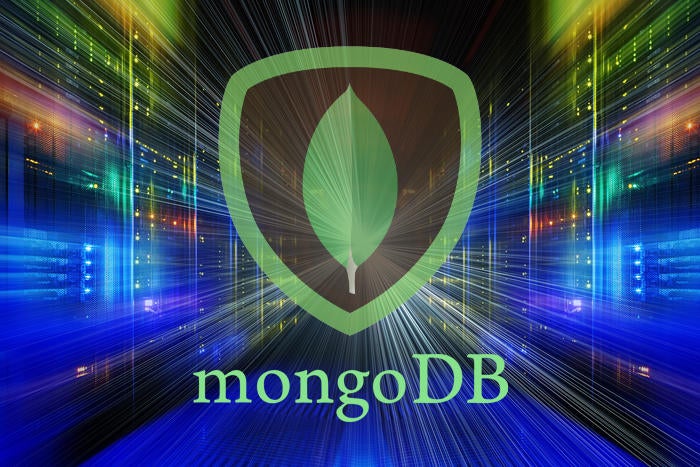How MongoDB's NoSQL database is encroaching on relational database turf
Published by Dialect.tech! After overcoming early criticism and securing a position as a leading NoSQL document database, MongoDB appears to be taking steps to broaden its user base from developers to include traditional database professionals.

After overcoming early criticism and securing a position as a leading NoSQL database, MongoDB appears to be taking steps to broaden its user base from developers to include traditional database professionals.
At its annual MongoDB World conference in New York this week, the company announced a slew of new features across its products, including a new version of its flagship database, MongoDB 6.0, along with enhanced analytics capabilities, a data lake for its Atlas database as a service (DBaaS), and the ability to query encrypted data.
"The overt theme [of this year’s announcements] is still about catering to developers," said Tony Baer, principal analyst at data and analytics consultancy dbInsight. "But for the company to realize its aspirations to go upmarket to the enterprise, it needs to broaden its audience to traditional database professionals as well. It is making some preliminary moves in that direction, but MongoDB has not yet made the pivot."
Baer’s perspective seem reasonable, given that the company has been talking about opportunities to win over IT professionals who have been working with relational databases, and this week announced a few capabilities traditionally associated with SQL databases.
CEO Dev Ittycheria, in an earnings call earlier this month to discuss the company's results for its fiscal 2023 first quarter, said that he expects the company’s growth to continue primarily because developers are starting to see that relational databases are not able to serve all their needs and these databases have their own limitations.
"To compensate for the limitations of the relational database, there has been a proliferation of point solution databases," Ittycheria said. "Using point solutions creates a disjointed developer experience, a far more complex architecture with multiple data silos and higher costs in order to manage and support a myriad of different technologies," Ittycheria said, suggesting that MongoDB could act as one single solution.
The company’s latest announcements include new analytics capabilities, a set of unified features for Atlas, and the ability to query encrypted data.
MongoDB adds in-app analytics support
MongoDB has added support for in-app analytics by integrating a feature dubbed Column Store Indexes, which will be available later this year.
Column Store Indexes is designed to enable users to create and maintain a purpose-built index that will help speed up many common analytical queries without requiring any changes to the document structure or having to move data to another system, the company said.
Column stores addressing analytical needs are fairly common in relational databases.
"This is an example of MongoDB addressing use cases that heretofore might have led developers to consider relational alternatives," said Doug Henschen, principal analyst at Constellation Research.
The company also said that developers could now scale analytics nodes separately, which will allow teams to independently tune the performance of their operational and analytical queries without over- or underprovisioning.





































